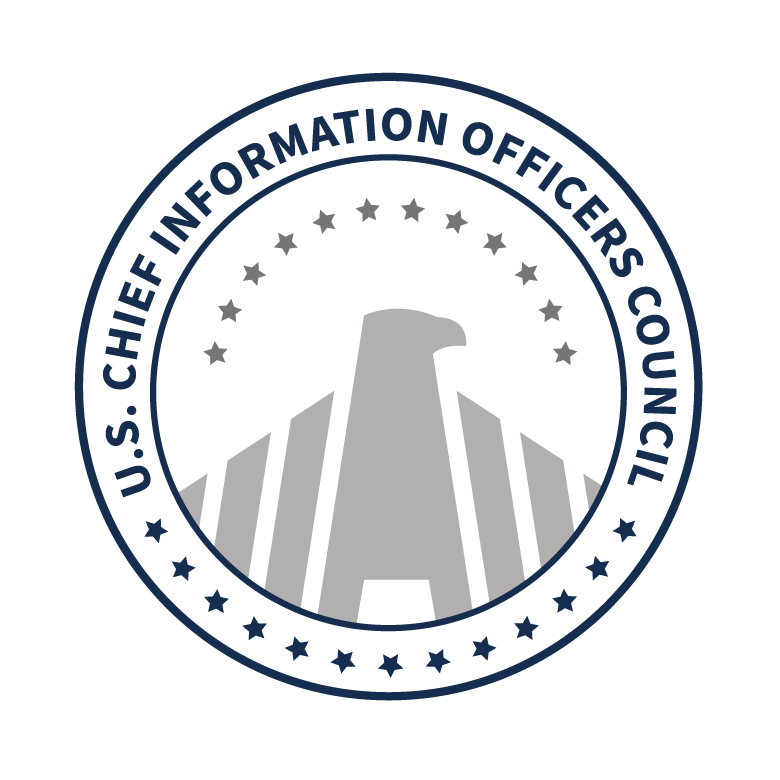4.16 Senior Agency Official for Records Management (SAORM)
The Federal Records Act (FRA) requires the head of each Federal agency to establish and maintain an active, continuing program for the economical and efficient management of the records of the agency. (NARA Bulletin 2017-02. Guidance on Senior Agency Officials for Records Management. 9/28/2017.) To this end, the SAORM acts on behalf of the agency head to ensure the agency efficiently and appropriately complies with all applicable records management statutes, regulations, NARA policy, and OMB policy. The SAORM bridges the gap between the agency head and the Agency Records Officer in order to provide strategic direction for the agency’s records management program.
The SAORM also promotes effective records management at a senior level by seeing across program offices in the deployment of individual IT systems. The SAORM advocates for the records management program ensuring adequate resources are embedded into the agency’s Strategic Information Resources Management (IRM) Plan. (44 U.S.C. §3506. US Federal Information Policy. Federal Agency Responsibilities) The SAORM must directly, and regularly, work with the Agency Records Officer and other appropriate officials to oversee the successful implementation of the agency’s records management program.
The SAORM must coordinate the agency’s records management program with other related disciplines such as information security, risk management, data management, and knowledge management. This may also include programs related to discovery, privacy, and the Freedom of Information Act (FOIA). As the agency’s information framework develops and matures, the SAORM should integrate the records management program within the framework.
The SAORM’s overall responsibilities include:
- Setting the vision and strategic direction for the agency records management program, including incorporating these goals into the agency’s Strategic IRM Plan;
- Advocating for the agency’s records management program and ensuring that it documents the organization’s activities and decisions;
- Ensuring the agency protects records against unauthorized removal or loss and ensures all agency staff are informed of their records management responsibilities as defined in NARA regulations and guidance;
- Submitting reports to NARA, supporting records management inspections, and other oversight activities;
- Ensuring agency staff are informed of and receive training on their records management responsibilities as defined in NARA regulations and guidance;
- Formally designating the Agency Records Officer and informing NARA in writing of this decision; and
- Ensuring compliance with NARA requirements for electronic records including:
- Managing all permanent electronic records electronically to the fullest extent possible for eventual transfer and accessioning by NARA in an electronic format; and
- Managing all email records electronically and retaining them in an appropriate electronic system that supports records management and litigation requirements, including the capability to identify, retrieve, and retain the records consistent with NARA-approved disposition authorities and regulatory exceptions.



